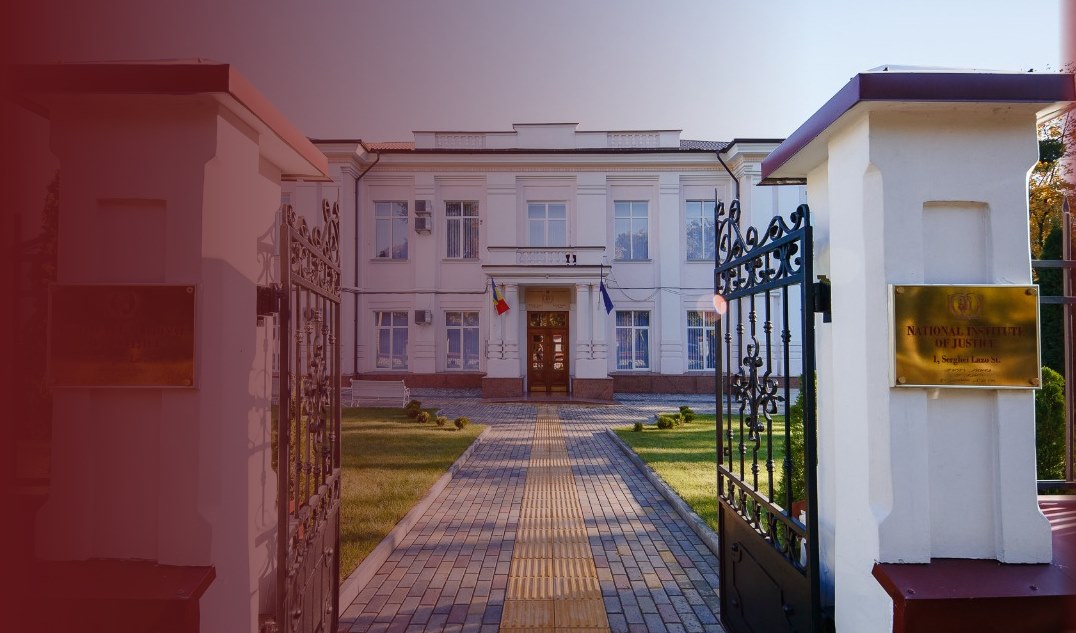In the context of the international campaign „16 days of actions against gender-based violence”, the National Institute of Justice, The Women's Law Centre (WLC) and the United Nations Population Fund (UNFPA) held Wednesday, November 29 2023, a public lesson and a document-exhibition on the phenomenon of sexual violence with the generic „Don't blame the clothes!”. The actions, addressed to the NIJ trainees, aimed at combating stereotypes of blaming the victim of sexual abuse and dispelling the myth that sexual assault is caused by the victim.
„The National Institute of Justice is committed in providing quality judicial training, which involves not only activities according to the training plans, but also the involvement of future judges and prosecutors in extracurricular actions, such as these awareness events. We are convinced that by investing in education and being aware of the existence of problems in this segment, we can have a future without violence”, emphasized at the opening of the exhibition, Eugenia Graur, main specialist in the Didactic-methodical and training of trainers Section.
„Data IMAGES 2015 showed that 42% of men and 26% of women believe that if a woman is raped, it means that she did something to get into this situation. There are worrying figures that deter victims from reporting abuse cases. Through the work of the WLC, including through such awareness events, we propose to bring change to the system level. When a policeman, a judge, or a prosecutor applies the necessary protection measures under the law, we will know that it changed not only the life of a woman, but also the lives of her children, and the lives of hundreds of other survivors”, said Angelina Zaporojan-Pirgari, WLC executive director.
„Gender stereotypes are the basis for any form of violence. If we talk about sexual violence, we blame clothes, if it is physical violence, women perceive it as a personal problem, not to mention the community, which blames all women. Unfortunately, we are hardly aware of the gravity of the phenomenon until we are personally affected, especially now, when we can see how violence is spreading online. In order for women to start reporting, services are needed and to trust the specialists who have the role of providing them with help, without re-victimizing”, said Violeta Terguta, analyst programs on gender-based violence, UNFPA Moldova.
A school uniform, a pair of jeans and a sweatshirt, a pajama are just some of the clothes that Moldovan women and girls were wearing when they were assaulted, sexually abused or harassed. Ten outfits accompanied by the stories of the victims are displayed in the lobby of the Institute in order to break stereotypes and prejudices that women were assaulted because of clothing.
The opening of the exhibition was succeeded by a public lesson held by the lawyer and the trainer of NIJ, Arina Turcan-Dontu. In discussions with the NIJ trainees, she addressed topics related to the specifics of sexual violence and gender-based violence, the dismantling of myths and clichés, forms of sexual violence and ways of ensuring the protection of the victims’ rights of sexual violence or domestic violence.
According to the analysis of the National Bureau of Statistics, in the Republic of Moldova seven out of ten women in rural areas and six in urban areas suffer from at least one form of violence, and over 63% among women and girls aged 15-65 years, they have experienced at least one form of violence in their lifetime from a family member.
